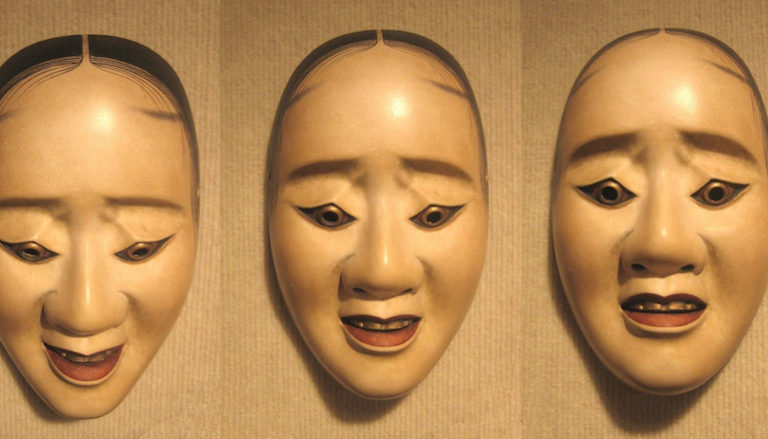The Humanity of True Crime’s Victims
In two books, Maggie Nelson manages to recount the murder of her aunt, Jane, in terms that don’t elide the true horror of the situation, while keeping Jane’s voice firmly centered for readers.

In two books, Maggie Nelson manages to recount the murder of her aunt, Jane, in terms that don’t elide the true horror of the situation, while keeping Jane’s voice firmly centered for readers.

Rather than being a juvenile or simplistic depiction of desire as purely a physical impulse for the adolescent narrator, Susan Steinberg’s first novel presents desire in the mind of an adolescent girl as a larger force, one that is as much existential as it is universal.

Today, it is crucial to return to Executive Order 9066, which directly resulted in the internment of Japanese Americans during World War II. Failing to understand the significance of how difference is articulated and weaponized will lead to a repetition of the same cruelties and mistakes of history.

Though Thomas Milan Konda notes a recent sharp increase in the consumption of conspiracy theories and is concerned by it, his new book offers insightful context for why the United States has become as obsessed with conspiracy theories as it is.

As Ozeki’s reflection shows, our conception of identity changes over time—whether due to personal maturity or changes in the social climate.

Lauren Berlant and Kathleen Stewart’s collaborative work, a collection of hundred- or multi-hundred–word pieces on art, affect, and politics, draws on the women’s backgrounds in cultural criticism as much as their attunement to the types of feelings that arise from situations or experiences.

Not all wandering is equal; not all bodies can move easily through all spaces. While there is always the possibility of danger in wandering, there is also, however, a benefit to changing our surroundings and seeing a world beyond what we are used to.

Those of us who experience trauma find it difficult to put our experience into words in the first place. Many of us flounder, sputter, or stay silent, at a loss for how to adequately translate our experience into language.

Fumiko Enchi’s 1958 novel, 女面, grapples with women’s rage within a system that is structured to work against them, as well as the ways some women perform what is expected of them in order to usurp the system itself—with messy consequences.
No products in the cart.